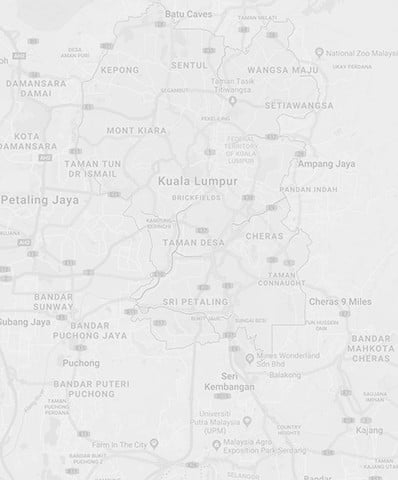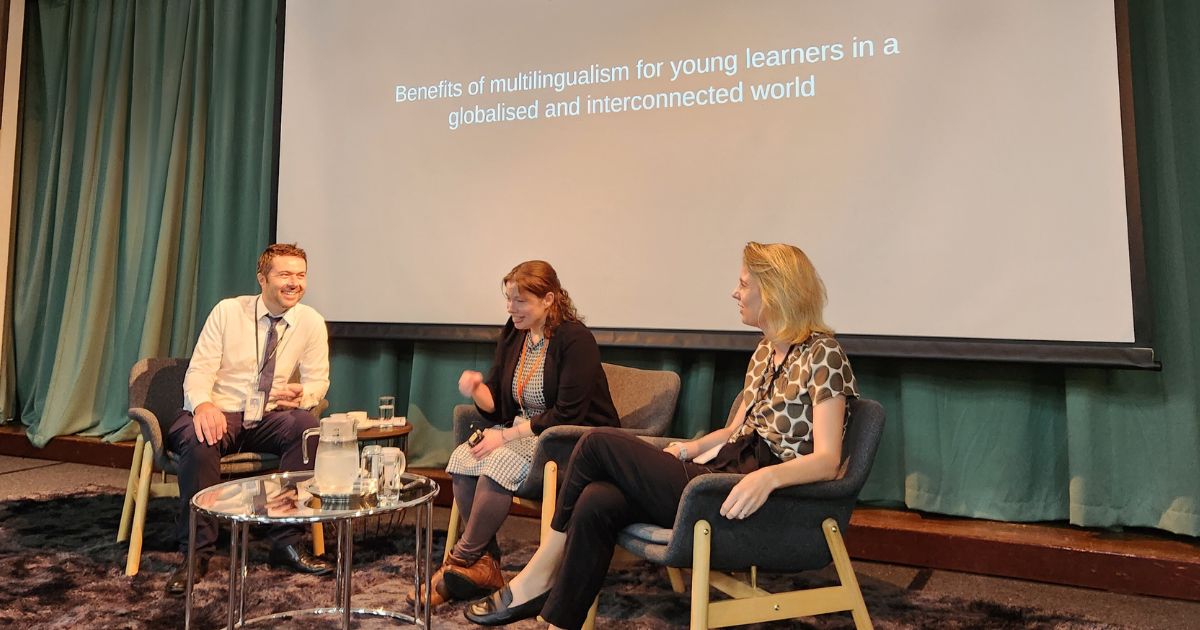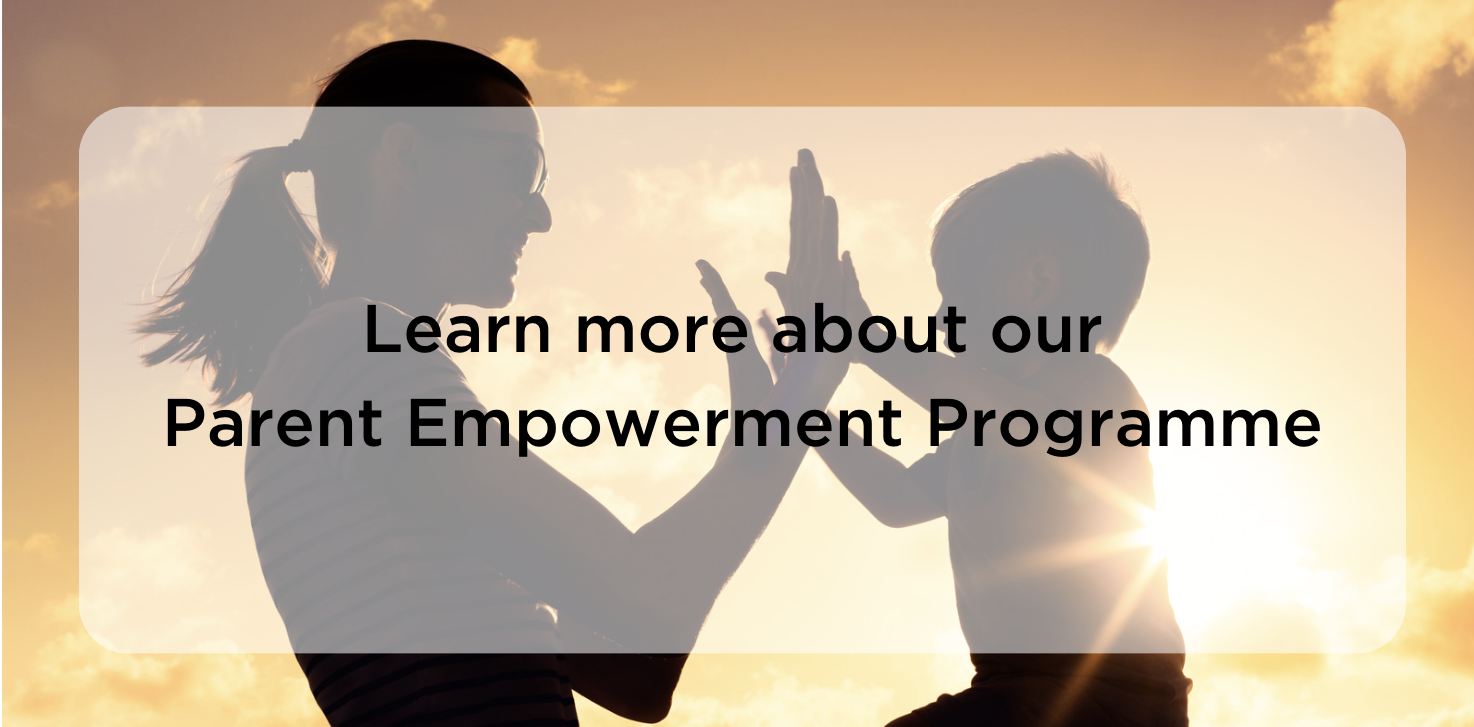Global educators are emphasising the importance and benefits of multilingualism and translanguaging for young learners throughout their education journey. How does this benefit your child in their further education and their future careers? How can it contribute towards resilience in our children and prepare them to be efficient communicators in the future?
We had the pleasure of having Mindy McCracken for our April edition of ‘A Conversation with’ together with Head of School, Sian May, moderated by Stefan Rodic, VP of Community and Enrichment.
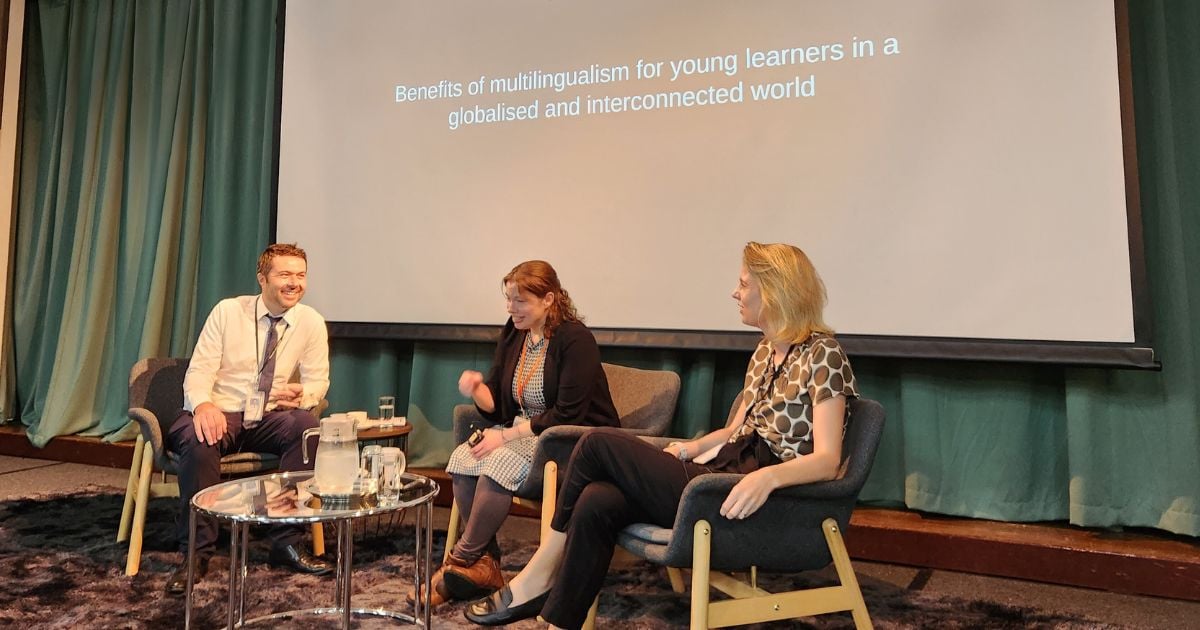
Mindy hails from The Netherlands and is the Mother Tongue and Identity Language Leader and English as an Additional Language (EAL) Teacher at the International School of Hague. Mindy has collaborated with both EAL and Home Language teams to raise the profile and practical application of home languages and additional language learning across her school. She is currently the EAL Leader of the International School of the Hague, overseeing the development of innovative language programming both within the mainstream curriculum and in EAL support lessons.
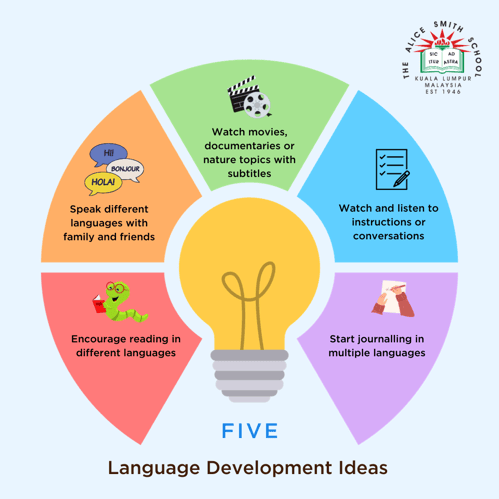
Key points from the conversation;
- From a practical point of view, bilingualism refers to someone who can speak two languages and multilingualism is if they speak more than two languages. It does not mean that they have a high level of knowledge of each of those languages. They may not speak the language at a native like level. Multilingualism and bilingualism are much more complex and fluid. We learn languages one context at a time for different reasons. Even if you have learnt a language which you are not a native speaker of, you will only really learn it through watching and listening to instructions or conversations in that particular language in different contexts.
- Encouraging children to learn their home language or a foreign language can be done through reading books, comic books and novels in different languages, watching movies with subtitles on or using different audio languages available, journaling in their multiple languages as well as keeping in touch with family members who speak their home language or a different language.
- Translanguaging has become a very important tool in international schools today. The speaker uses different languages in one sentence without compromising the meaning of what they want to say. They also use the words in a grammatically correct way. Another way of translanguaging is when they understand what is said in one language but they reply with another language instead. A child’s knowledge in their own home language will in turn help them learn English. What is learned in one language can be easily transferred into another language.
- It does not matter if your family is monolingual or multilingual, you will know exactly what your child needs for their own future development. The knowledge of languages is a powerful tool which can help children build resilience through circumstances, become prosocial and create a craving in them to learn new things.
- It’s never too late to learn your home language or a new language. Children who are allowed translanguaging in schools are happier to be at school and feel that they belong there and open to more learning opportunities.
Interested in finding out more? Watch the full recording with Mindy McCracken below.
Introducing our new Parent Empowerment Programme
We have combined our popular 'A Conversation with' speaker series and our parent workshops into our new Parent Empowerment Programme. The Parent Empowerment Programme is an informative and exploratory programme designed to equip our KLASS Parent community with purpose-driven and innovative tools, insights and skills.
Join us for our very first Parent Empowerment Programme ‘Keeping Children Safe at Alice Smith’ launching on Wednesday 4th October 2023 at our Secondary Campus and 11th October 2023 at the Primary Campus, with an opening statement by Sian May, Head of School.
